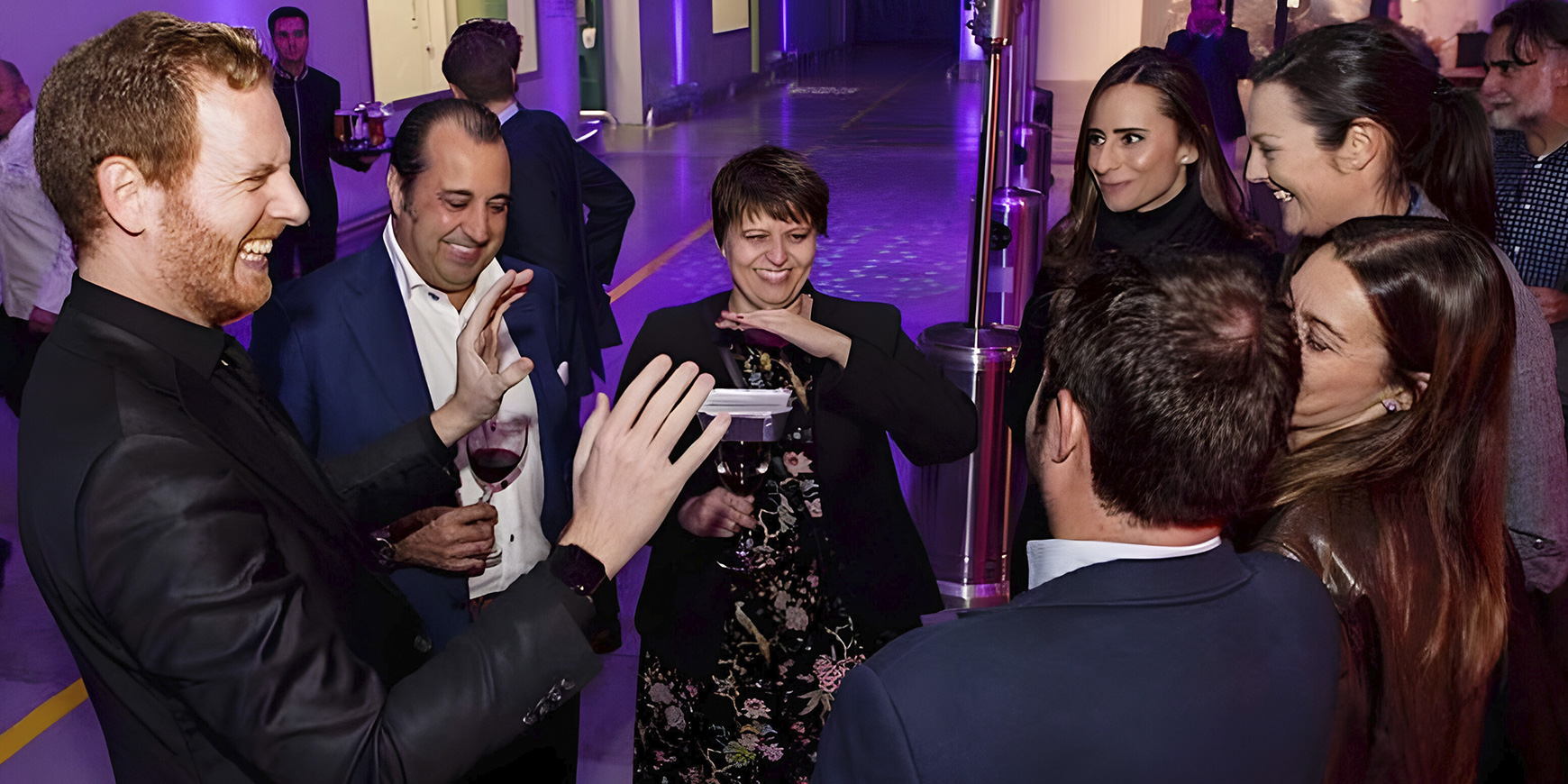Entrepreneurship is not for the faint of heart. An entrepreneur wears many hats—leader, marketer, and sometimes even customer service rep—all while navigating an unpredictable and ever-changing business landscape. But just when you think you’ve got a handle on things, the landscape shifts. New challenges appear.
Challenges in entrepreneurship are no longer limited to market competition or regulatory compliance. They are evolving, bringing a whole new layer of complexity to the game.
Entrepreneurs are problem-solvers, however. They don’t see obstacles as hurdles. Rather, they find opportunities to think outside the box and push boundaries. It’s no wonder that they come up with creative, resourceful ways to tackle them head-on.
Here, we’ll discuss some of the most pressing challenges of entrepreneurship and how founders are addressing them.
Challenge #1: Facing Financial Uncertainty
Inflation is hitting marketplaces far beyond hospitality. In November last year, the U.S. inflation rate was 2.7%—slightly up from the 2.6% reported in October.
Supply chain issues, pent-up consumer demand, and economic stimulus from the pandemic have been driving the surge in inflation. These factors are forcing founders to make tough decisions about pricing, budgeting, and growth strategies.
For 5% of business owners, financing was the top problem in November. So, what are founders doing to solve it? Entrepreneurs are getting creative to stay afloat.
In Korea, for instance, SME leaders plan to introduce innovative venture finance systems, secondary funds, and revitalization of the mergers and acquisitions market to secure liquidity in venture finance.
Meanwhile, small business owners in the U.S. are turning to banking partners to run as inflation concerns continue. A recent feature of CSRWire revealed that KeyBank has emerged as a top leader in small business administration loans. It has provided over $4.5 billion in small business loans and lines of credit.
Challenge #2 Keeping up With Changes in Consumer Behavior
Consumer preferences can change faster than the latest TikTok trend.
Take, for example, health and wellness products. Their demand has been surging in recent years, reveals a 2024 McKinsey feature.
In emerging markets such as India, China, and the Middle East, more consumers are willing to increase their spending on wellness products and services.
How are founders adapting to this rise in the wellness wave? They are re-evaluating their product development roadmaps and seeing if they have more potential to introduce personalized wellness solutions to meet their needs.
Another significant shift is the growing dominance of online shopping. According to CEO Today, Boxing Day 2024 saw e-commerce emerge as the standout winner as more consumers preferred online shopping over in-store visits.
Founders know that they can’t just rely on one avenue anymore. So, to capture this online shopping boom, they are building user-friendly websites. These sites are focused on clean designs, mobile optimization, and seamless checkout experiences to keep customers engaged.
To simplify the web design process, businesses are turning to AI-powered website builders. These tools, using machine learning algorithms, create aesthetically pleasing and functional websites in less than five minutes. Those, even with minimal technical expertise or coding knowledge, can use it to churn out a professional website.
Website builders powered by AI also don’t cost much. According to Hocoos, these tools offer a range of pricing options, which range from $5 to $50/month. The more you pay, the more features you can access.
Challenge #3: Retaining Employees as Labor Patterns Shift
It is not just the healthcare sector; employee retention is a challenge in every industry.
Statista’s survey found that salary expectations and work-life balance are the top factors that make recruitment and retention difficult. The shift toward remote and hybrid work models has also changed employee expectations since many are prioritizing flexibility and meaningful workplace cultures over traditional perks.
So, how are founders addressing this? They are focusing on creating environments that prioritize well-being and growth.
HCM founder/CEO advises HR and payroll professionals to prioritize competitive compensation and benefits packages, flexible work arrangements, and opportunities for career development and advancement.
On the other hand, Kitfox co-founder has implemented a 4-day workweek to retain employees. It’s not yet known whether a four-day workweek impacts productivity levels. However, about 25% of Kitfox’s staff believe that they get more work done in 4 days than they were able to do in 5.
The key takeaway? Entrepreneurship is not a walk in the park, and these challenges are proof of that.
Whether it’s finding new ways to fund their businesses or retain employees, founders are proving that resilience and resourcefulness can conquer just about anything.
On the flip side, these challenges come with immense opportunities for growth, innovation, and learning.
Entrepreneurs who embrace these challenges head-on will be able to build a business that not only thrives, but also survives.










